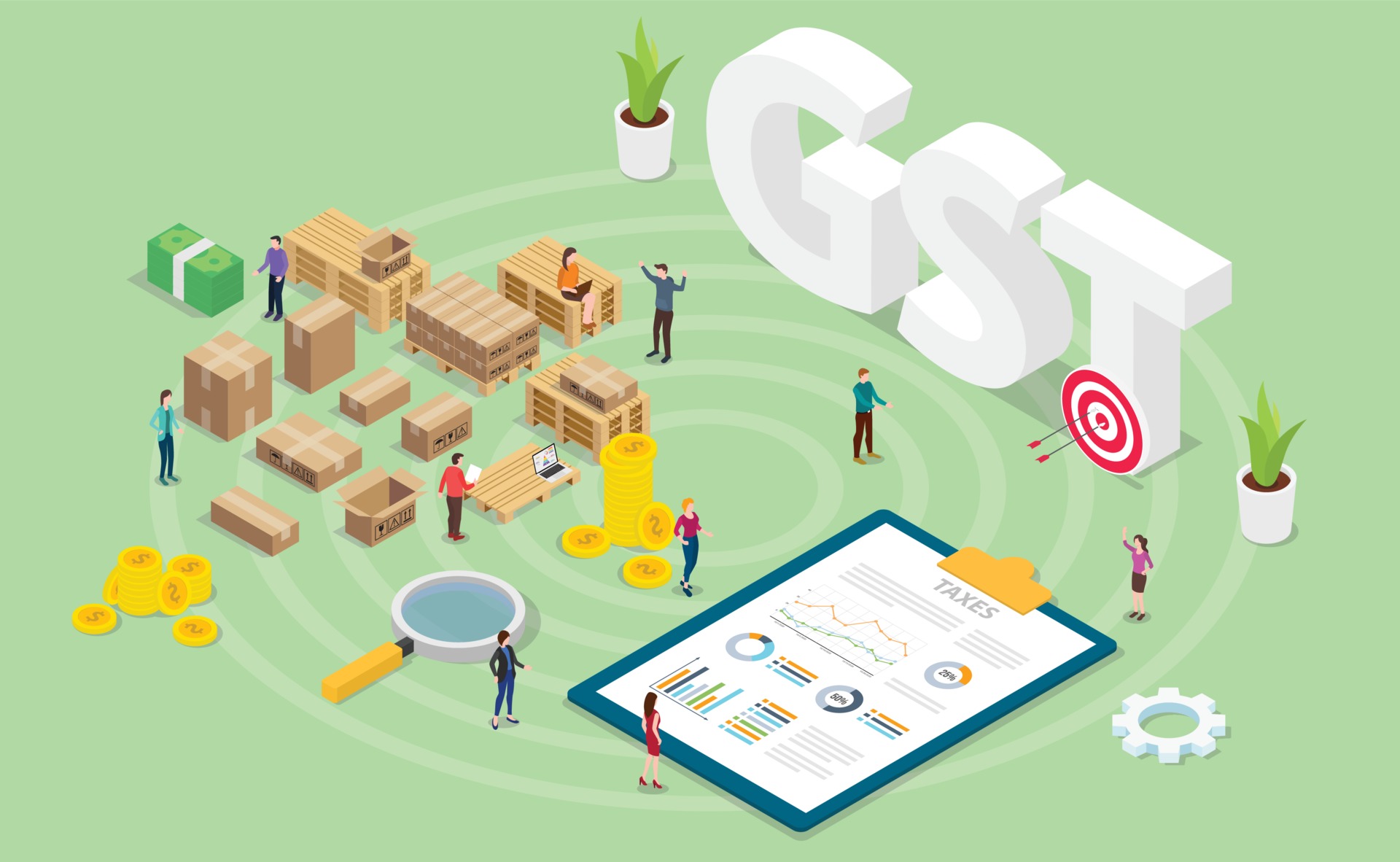GST REGISTRATION
All you need to know about GST Registration Number
What is GST?
GST stands for Goods and Services Tax. It is a value added tax imposed on most goods and services sold for domestic consumption. GST is a comprehensive indirect tax that has been introduced in many countries to replace various taxes such as sales tax, VAT, excise duty, etc., simplifying the taxation process and reducing complexity. It is designed to be a more transparent and efficient tax system applicable at every stage of the supply chain, from production to the final consumer.
GST Registration is applicable on all goods and services except Petroleum products as of now. Goods & Service Tax (GST) is a consolidated tax, which essentially means that State and Central Indirect taxes have been merged. Entire country now operates under a uniform tax system. It now replaces service tax, excise, VAT, entertainment tax, luxury tax, octroi, CST etc.

Structure of GST in India:
In India, the Goods and Services Tax (GST) is a broad indirect tax on goods and services nationwide. It’s a dual model, meaning both the central and state governments collect and manage the tax. Here’s a summary of the GST structure in India:
Central Goods and Services Tax (CGST): CGST is a component of GST levied by the Central Government on domestic supplies of goods and services. It is governed by the Central Goods and Services Tax Act, 2017.
State Goods and Services Tax (SGST): SGST is a component of GST levied by state governments on domestic supplies of goods and services. Each state has its own SGST law that governs the levy and administration of SGST.
Integrated Goods and Services Tax (IGST): IGST is a tax levied on interstate supply of goods and services as well as imports. It is collected by the central government and then distributed among the states. IGST is governed by the Integrated Goods and Services Tax Act, 2017.
Union Territory Goods and Services Tax (UTGST): UTGST is similar to SGST but applies to the Union Territory of India. It is governed by the Union Territory Goods and Services Tax Act 2017.
Cess: In addition to the above taxes, certain goods and services may attract specific taxes that are levied for specific purposes such as funding educational or health initiatives. These charges are levied over and above the GST rate applicable to those goods or services.
The GST Council, led by the Union Finance Minister and including State and Union Territory Finance Ministers, makes recommendations on GST matters like tax rates, exemptions, and thresholds. It ensures uniformity and consistency in GST across the country.
GST Registration Online Fees
We are just getting started
The most popular plan
Experience the best accounting service
Who needs new GST Registration Online?
Mandatory Registration Threshold
Businesses must register for GST if turnover exceeds ₹20 lakh in most states or ₹10 lakh in special category states. Special rules apply to e-commerce operators and agents.
Interstate Suppliers
Businesses engaged in interstate supply of goods or services must register for GST under the GST Act, regardless of turnover, to ensure accurate tax collection and regulatory compliance nationwide.
Occasional Taxpayers
Individuals or businesses conducting occasional taxable transactions in a territory without a permanent business location must register as occasional taxable persons to comply with local tax regulations.
E-commerce Operators
E-commerce platforms and aggregators must register for GST regardless of turnover. Additionally, individuals supplying goods or services via these platforms must also register for GST.
Non-Resident Taxable Persons
Non-resident individuals or firms making taxable supplies within India must obtain GST registration number to adhere to local tax laws, ensuring accurate tax administration and compliance.
Agents of suppliers
Agents managing the supply or receipt of goods or services for taxable entities must register for Goods and Services Tax (GST) to ensure tax compliance, avoid potential penalties, and maintain legal and financial accountability.
Documents Required for GST Registration Number
- PAN of applicant
- Aadhar Card
- Address Proof of business
- Proof of business or registration
- Identity and Address Proof of Directors with photographs
- Bank Account Statement or cancelled Cheque
- Authority Letter
- Digital Signature (not required in proprietorship firm)